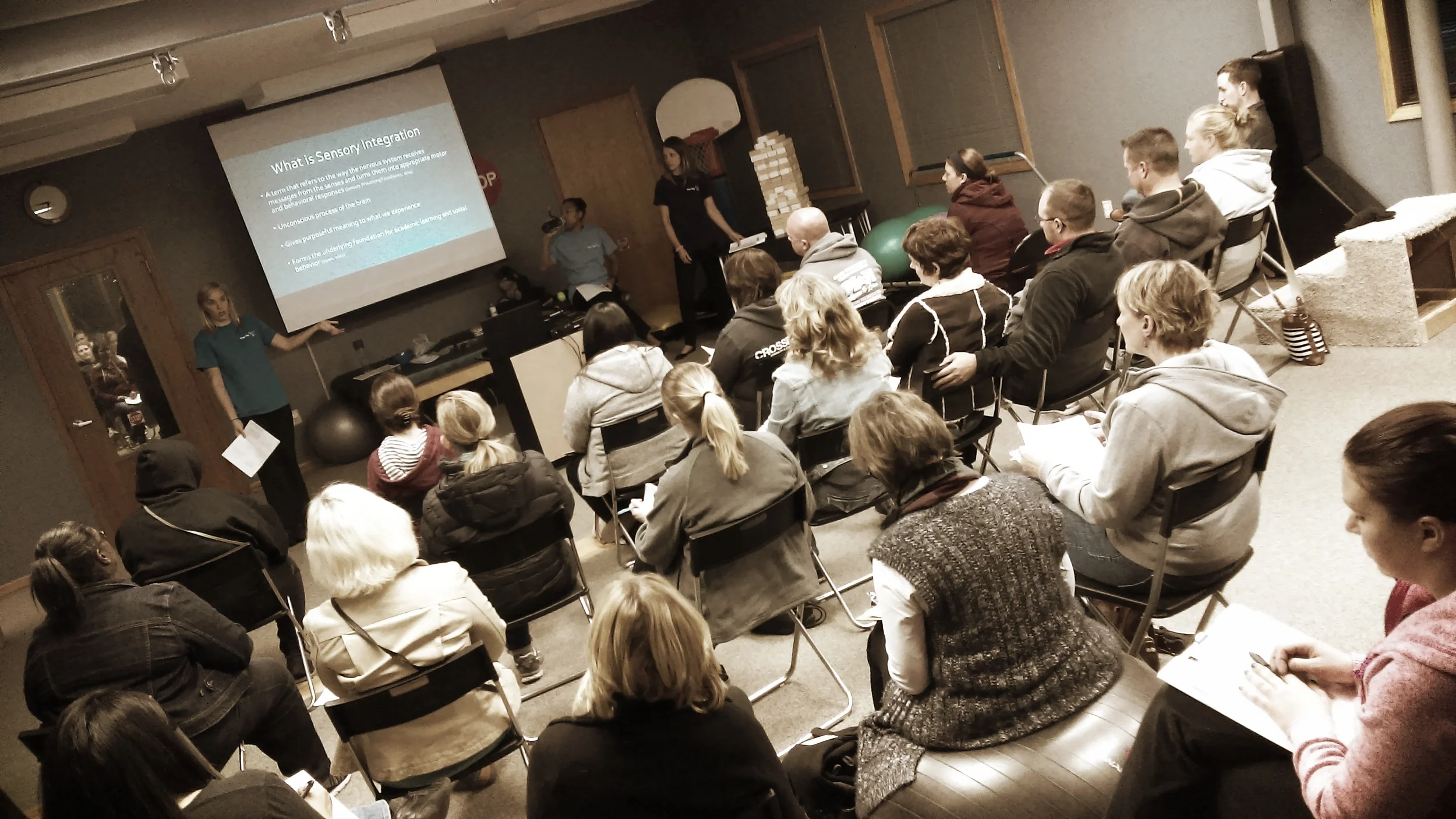How Interactive Metronome helped a client with ADHD
/This blog was written by Lola, an Occupational Therapist at Therapy OPS. This 2-minute blog describes what IM is, how it works and how it helped one of her clients.
Interactive metronome (IM) is an evidence based computer program that has a user complete various motor coordination activities wearing a trigger to capture their ability to remain on a beat that they hear over headphones and/or see on screen. It uses the premise that neurons that fire together wire together--areas of your brain that are connected influence each other. IM targets the parietal-frontal brain network. By engaging in activities that require sequencing, rhythm, and timing the program influences many functional skills including attention, focus, impulse control, and other self-regulation and executive functioning skills. It uses real time feedback about performance to help a user make continuous improvements. The program can be used for a wide variety of conditions, including ADHD, sensory processing difficulties, learning delays, autism, auditory processing, and more. In pediatrics, we often use it for children with ADHD.
Case: 8 year old with ADHD. Pre IM parent concerns included: decreased memory and attention, being slow with completing age-appropriate activities at home and school, not being able to complete more than one activity at a time, being easily distracted, and struggling with impulse control. Following an intensive program (2-3 days per week for 30 to 50 min per session), the child was able to carry on a conversation while completing another activity, follow through with 2-3 step directions with less support, starting to show more impulse control (ex. stopping self before saying things or pulling an adult aside), and showing improving task efficiency. The child’s teacher reported at the end of the school year that they are reading at grade level, demonstrate impulse control, attention, and direction following similar to same age peers, and will they plan to decrease the level of adult support provided for the next school year due to progress with skills.

